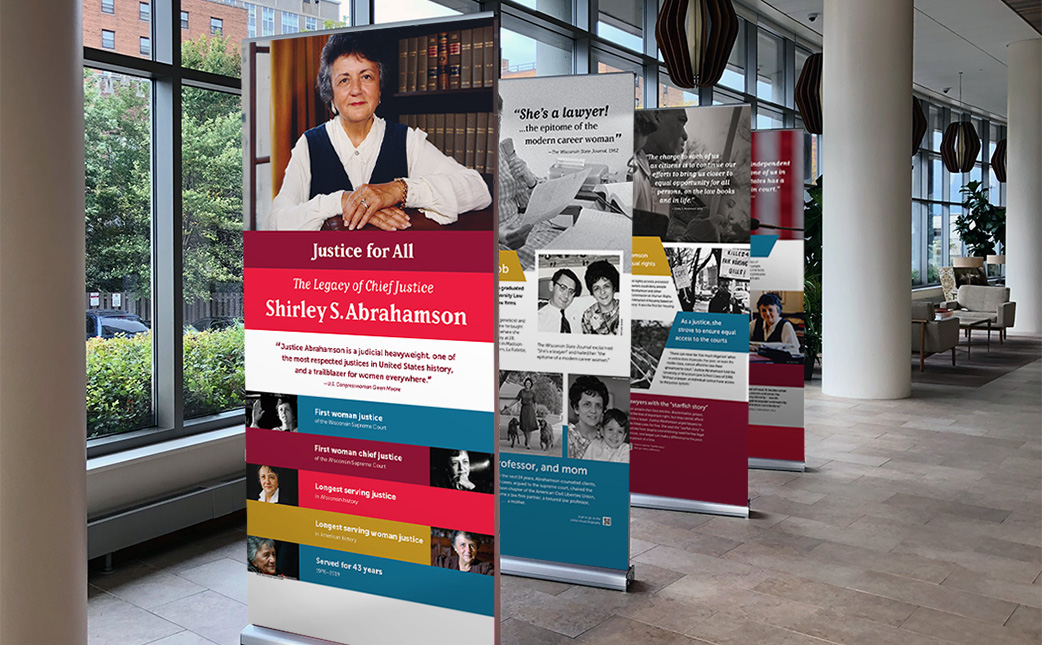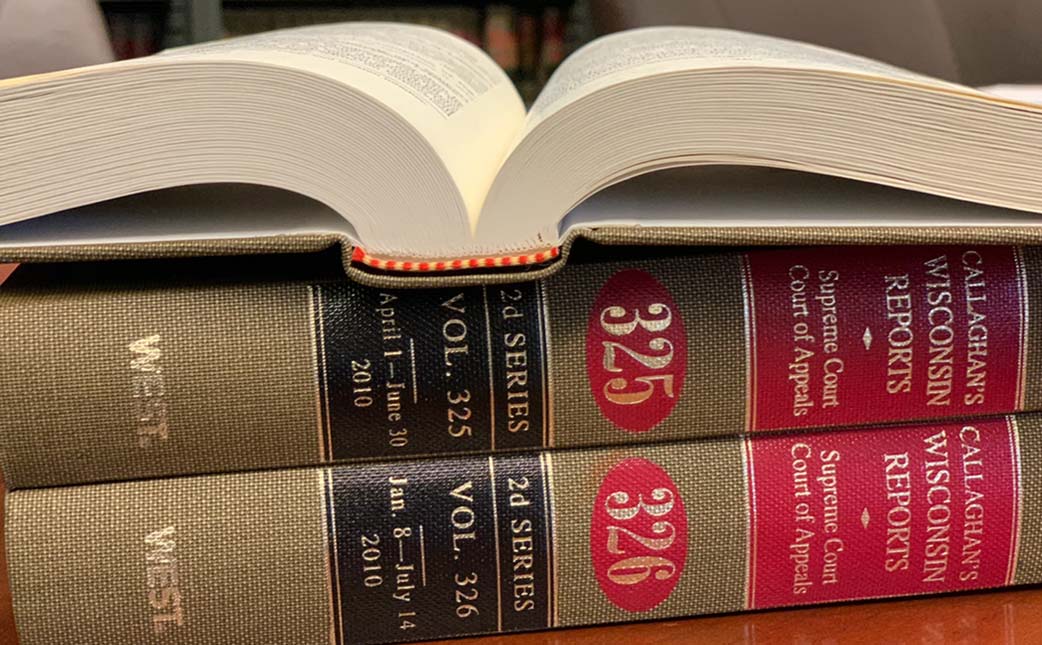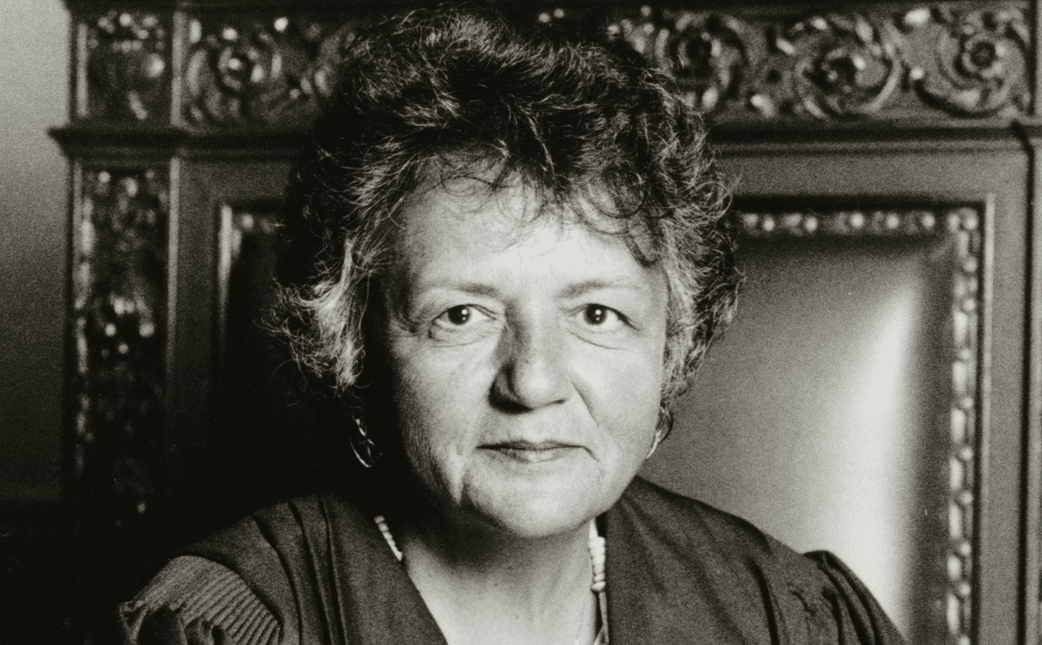Chief Justice
Shirley S. Abrahamson
Preserving the Legacy of Wisconsin’s First Woman Justice
The Exhibit
Learn about the traveling exhibit, Justice for All: The Legacy of Chief Justice Shirley S. Abrahamson, and how you can display it in your institution.
Opinions
During her 43 years on the Wisconsin Supreme Court, Justice Abrahamson authored 535 majority opinions, 493 dissenting opinions, and 326 concurring opinions. Explore some of her most significant opinions here.
Legacy Award
Chief Justice Abrahamson’s legacy includes an annual award for Wisconsin law students and a host of programs and activities for learners of all ages.
Explore a Visual Biography
Dozens of photos from candid snapshots to official portraits tell the story of Chief Justice Abrahamson’s life.


